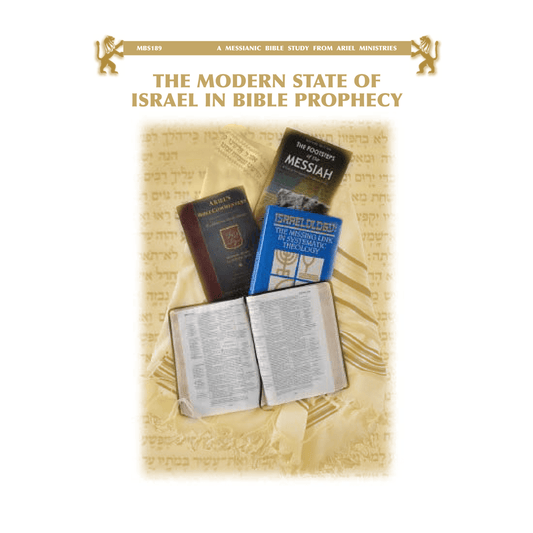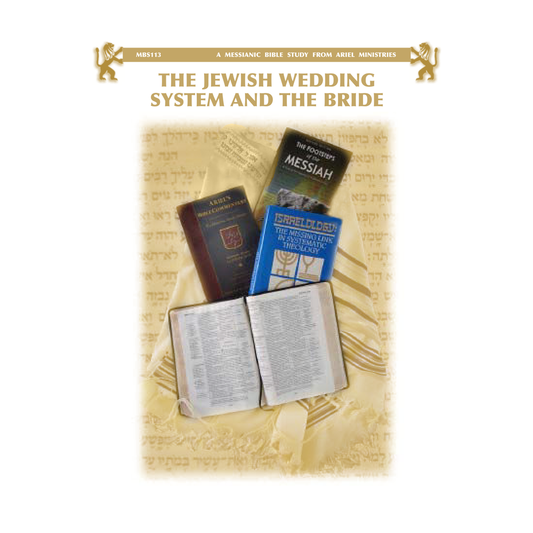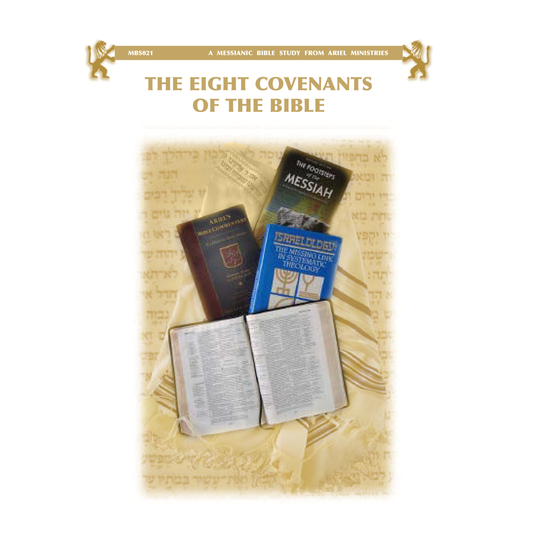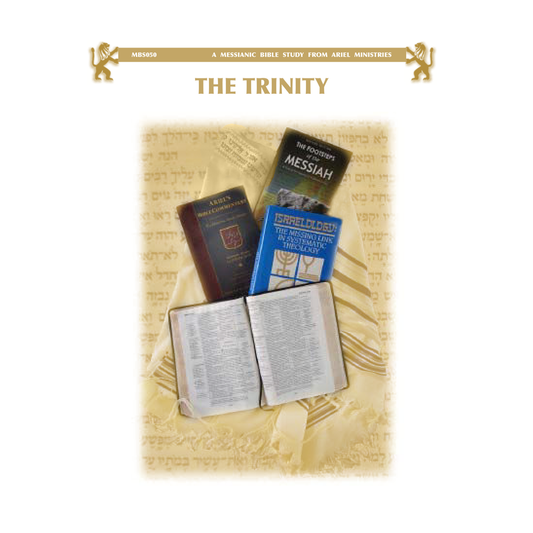Question. Isn’t the unconditional ownership of the land in the Abrahamic Covenant contradictory to the conditional enjoyment of the land in the Land Covenant?
[Here is the full text of the QUESTION from the reader:]
You state that “The Abrahamic Covenant teaches that ownership of the land is unconditional, while the Land Covenant teaches that the enjoyment of the land is conditional upon obedience.” You also state that, “The Land Covenant, being an unconditional covenant, is still very much in effect.” Aren’t you making contradictory statements?
Here is Arnold’s ANSWER:
There is no contradiction in the comments you quoted. The Abrahamic Covenant is what gave the land of Israel to the Jewish people, and based upon this covenant, actual ownership of the land is unconditional.
The Mosaic Covenant made it clear that if Israel fell into disobedience, they could lose the enjoyment of the land either by exile or by dispersion, but they would not lose the right of ownership of the land.
Deuteronomy 29, which speaks of the Land Covenant, points out that there would be a worldwide dispersion of the Jewish people because they would reject “the prophet like unto Moses.” Being dispersed from the land, they would not be enjoying the land. However, Deuteronomy 30 shows that ownership is still unconditional, and when Israel finally experiences her national salvation, God will then bring all Jewish people back to the land.




